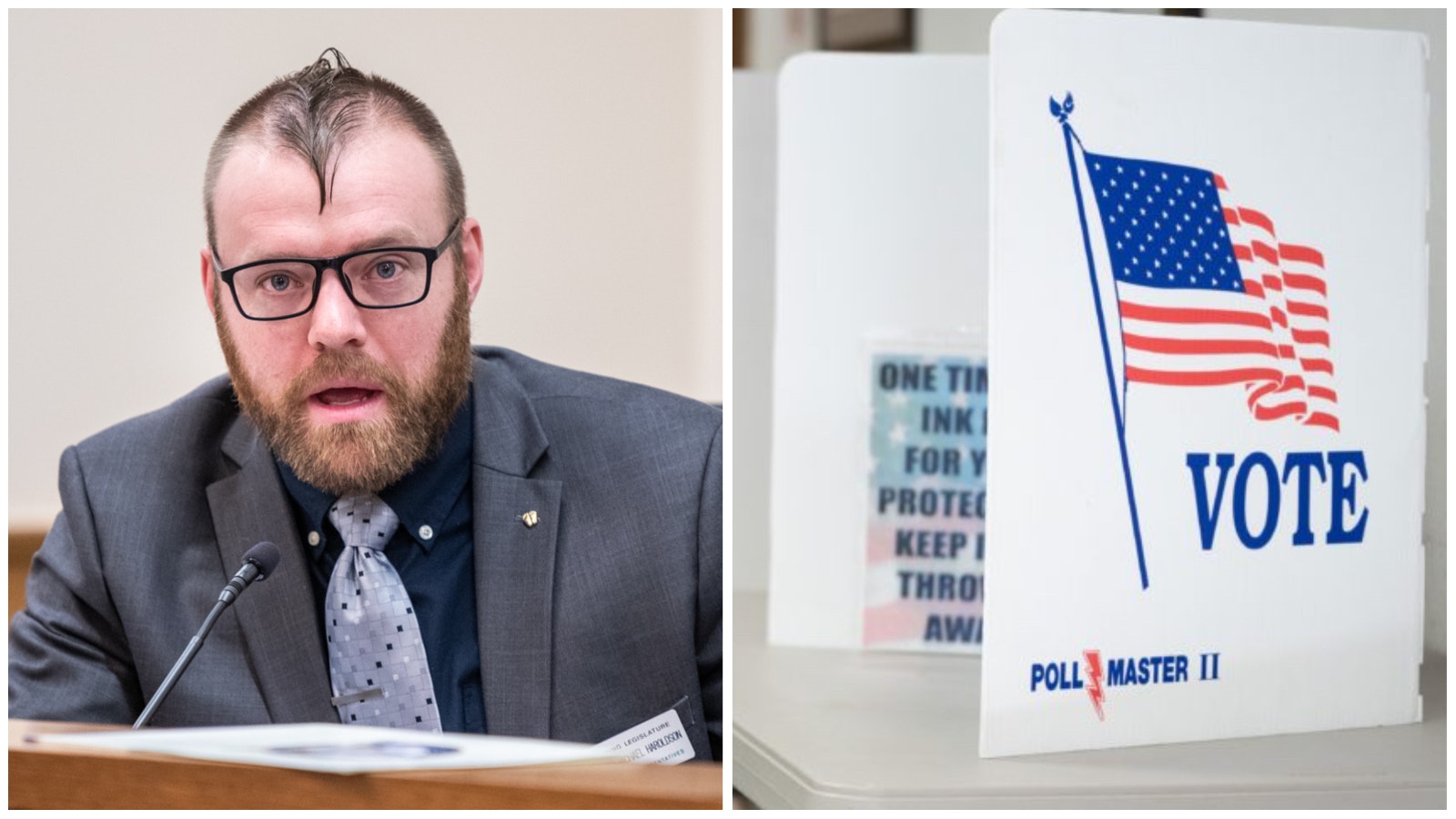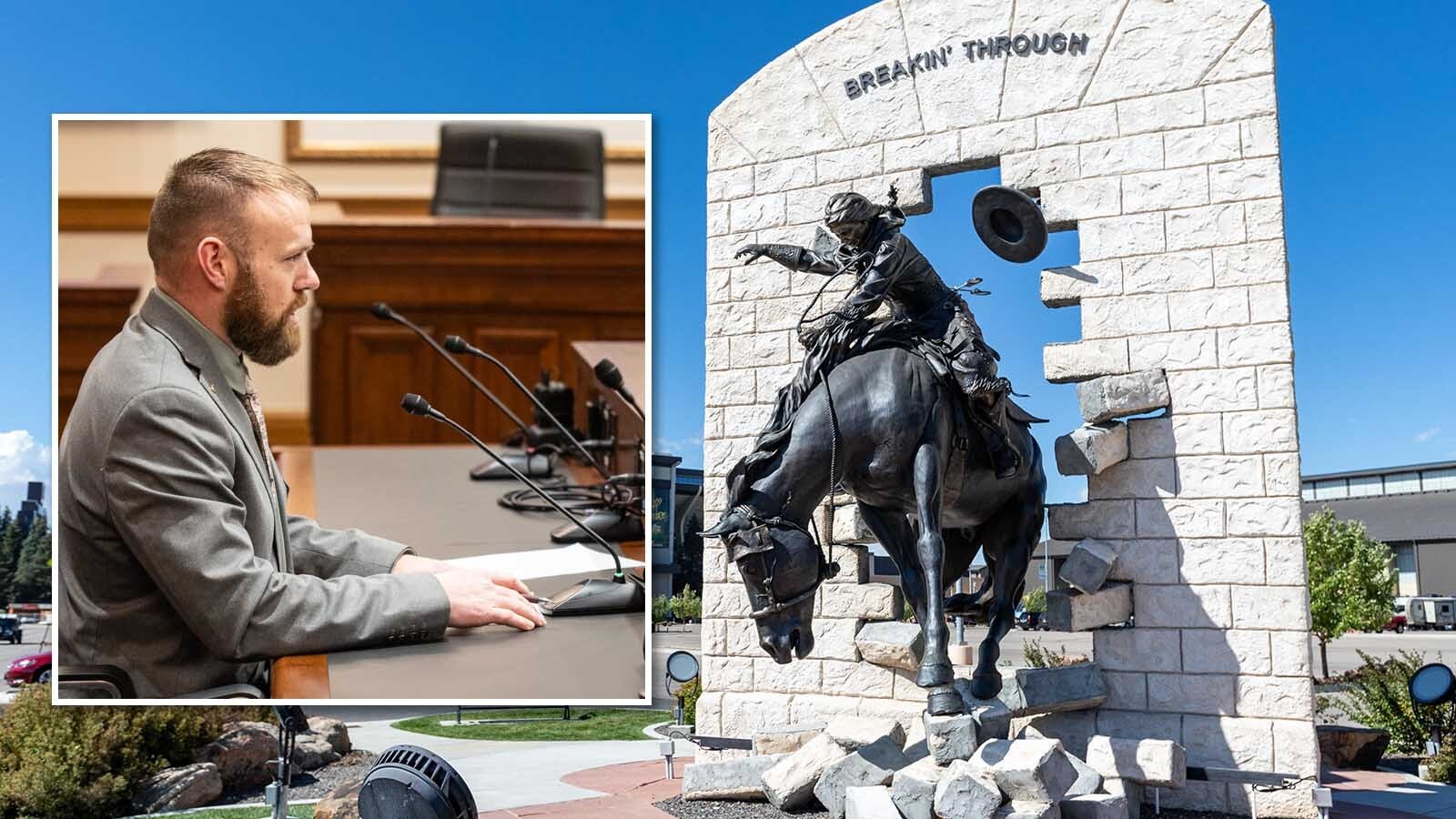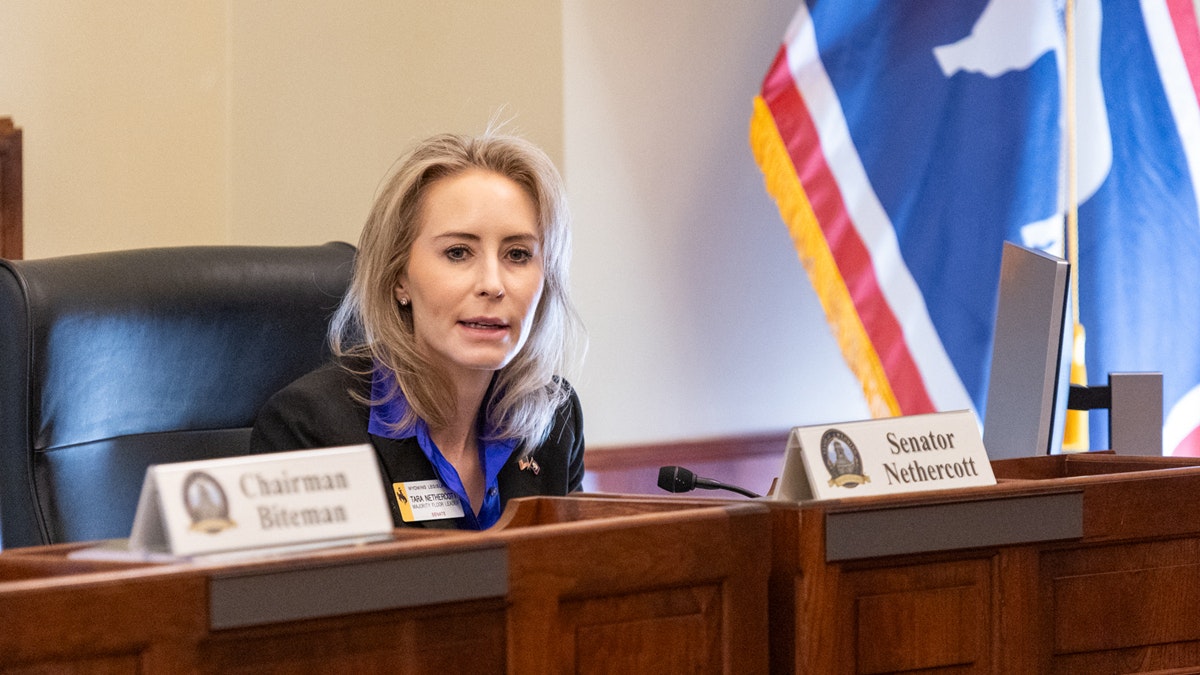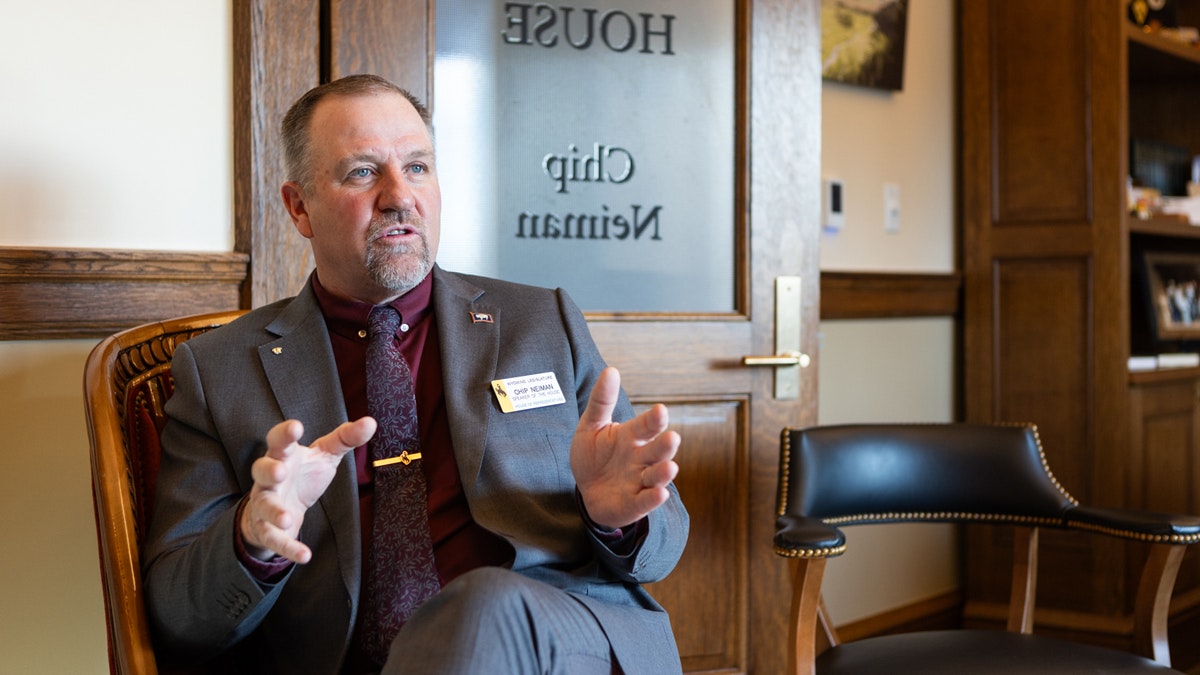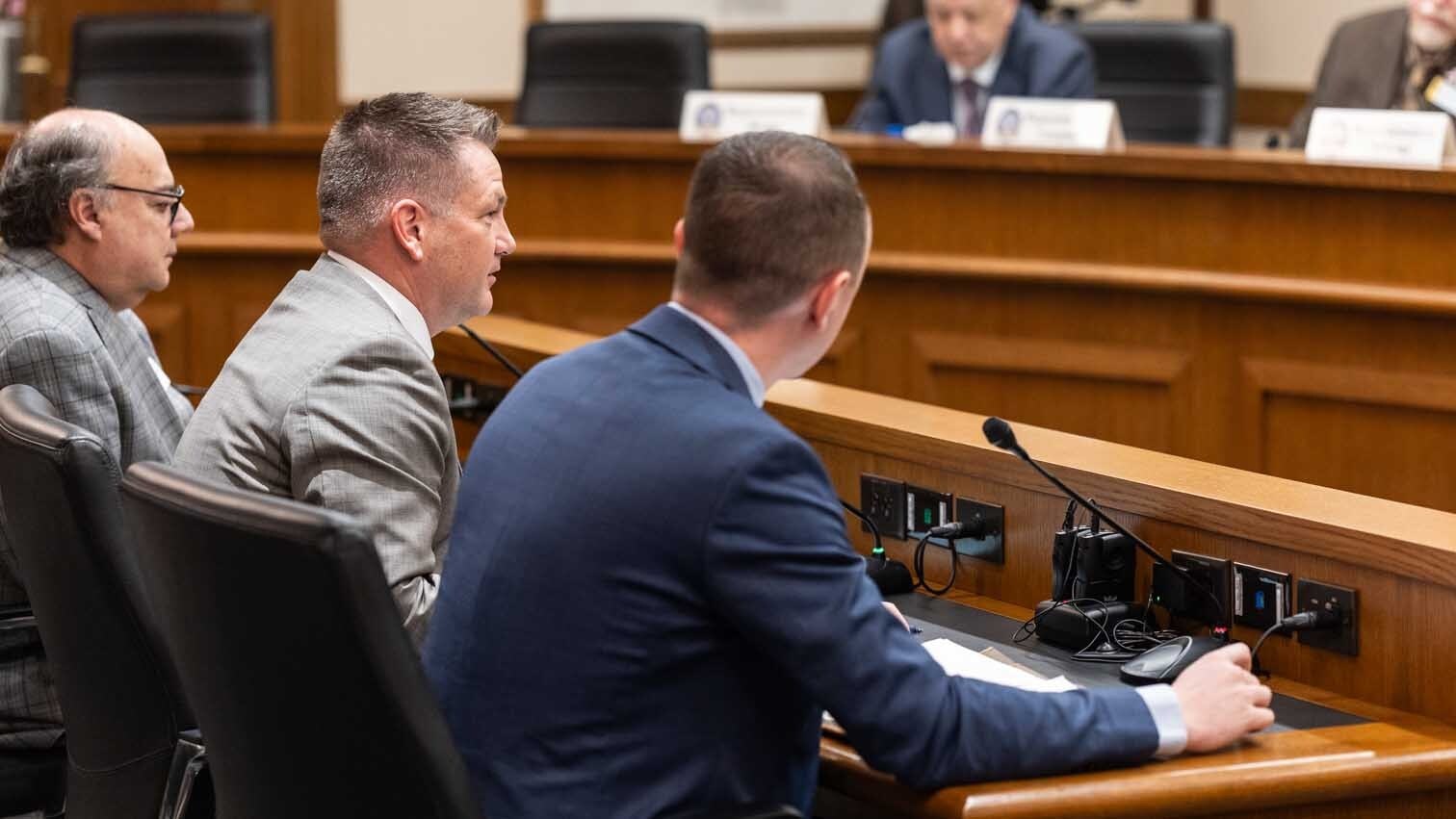One of the most fiercely debated issues in recent Wyoming politics will make a return to the state Legislature this year.
State Rep. Jeremy Haroldson, R-Wheatland, is bringing back another bill that would stop the practice of crossover voting in Wyoming primary elections.
It’s an issue that more Wyoming residents want addressed, Haroldson said.
“I believe we need to answer the people and have a conversation about crossover voting,” Haroldson said. “It’s something that comes up in every conversation that I have in a town hall or public forum.”
Multiple versions of the bill have been presented and failed in recent years.
With the Legislature gaining more Republican seats in this year’s session, which begins next week, and most of those seats drifting to a more conservative bent, this year’s legislation may have a greater chance of passing.
What is it?
Primary voters are now allowed to change their party affiliations on Election Day – or cross over – to vote for candidates of other parties.
This was especially prevalent in the August primary when a large percentage of Wyoming Democrats crossed over and registered as Republicans to vote for former U.S. House Rep. Liz Cheney in her failed re-election effort.
Those opposed to crossover voting say the practice is an exercise in political manipulation and rules need to be put in place to address the practice.
An Ongoing Debate
Many conservatives have spoken against it, which they say gives Democrats and Independents opportunities to unfairly influence Republican Party primary elections.
The issue has been so contentious in Wyoming that former President Donald Trump weighed in crossover voting in the Cowboy State, endorsing 2022 legislation seeking to stop it.
Gov. Mark Gordon confirmed in a July Casper Star Tribune story that Trump lobbied him multiple times about it.
The 2022 legislation made it out of the House Appropriations Committee with a recommendation to not pass it. No further action was taken.
Claims Gordon Benefited From It
Many hardline conservatives have attributed the practice to undesirable election results such as the 2018 state gubernatorial race, where Gordon, deemed by some as a more moderate candidate, was able to win the Republican primary.
According to the Secretary of State’s office, 10,412 people changed party affiliation from Democrat or unaffiliated to Republican from July through September 2018, although it is unclear how many of those people actually voted in the primary or who they voted for.
Gordon won his primary race by about 9,000 votes.
During a forum this summer, Gordon said he advocated for the 2022 crossover bill in the Senate and House, but former Republican Speaker of the House Eric Barlow, R-Gillette, said the governor only asked about its status.
How Big Is It?
Based on a statistical analysis from this year’s general election, there were likely 22,000 to 31,000 crossover voters in the August primary election.
Many Republicans expressed fear that crossover voting would unfairly impact the U.S. House race between Cheney and Rep.-elect Harriet Hageman, but Hageman won by a landslide.
Although influencing highly publicized statewide races is likely the inspiration for most crossover voters, opponents of the practice have said it causes a down ballot effect in local races as well.
From Jan. 1 through Aug. 16 (primary day), Republican Party registrations in Park County grew by 15.6% while unaffiliated registrations decreased by 24.2% and Democrat registration by 33.1% respectively, according to data provided by the county elections department.
The decreases seen in unaffiliated and Democratic registrations more than doubled from 2018 during the same time period.
Seems A Partisan Issue
Many Democrats and others have supported the practice of crossover voting, citing the fact that any person can register with any party they like, and that allowing same-day registrations reduces political partisanship.
The legislation targets same-day party affiliation changes by pushing back the deadline people can change their party registration from election day to roughly three months prior, before the campaign filing period opens.
Many supporters of the legislation argue that people don’t decide to cross over until they see who is running for offices.
Although this may be true in many lower-level races, candidates for certain state and local level races have announced their candidacies before the filing period opens. This is usually the case for federal races.

